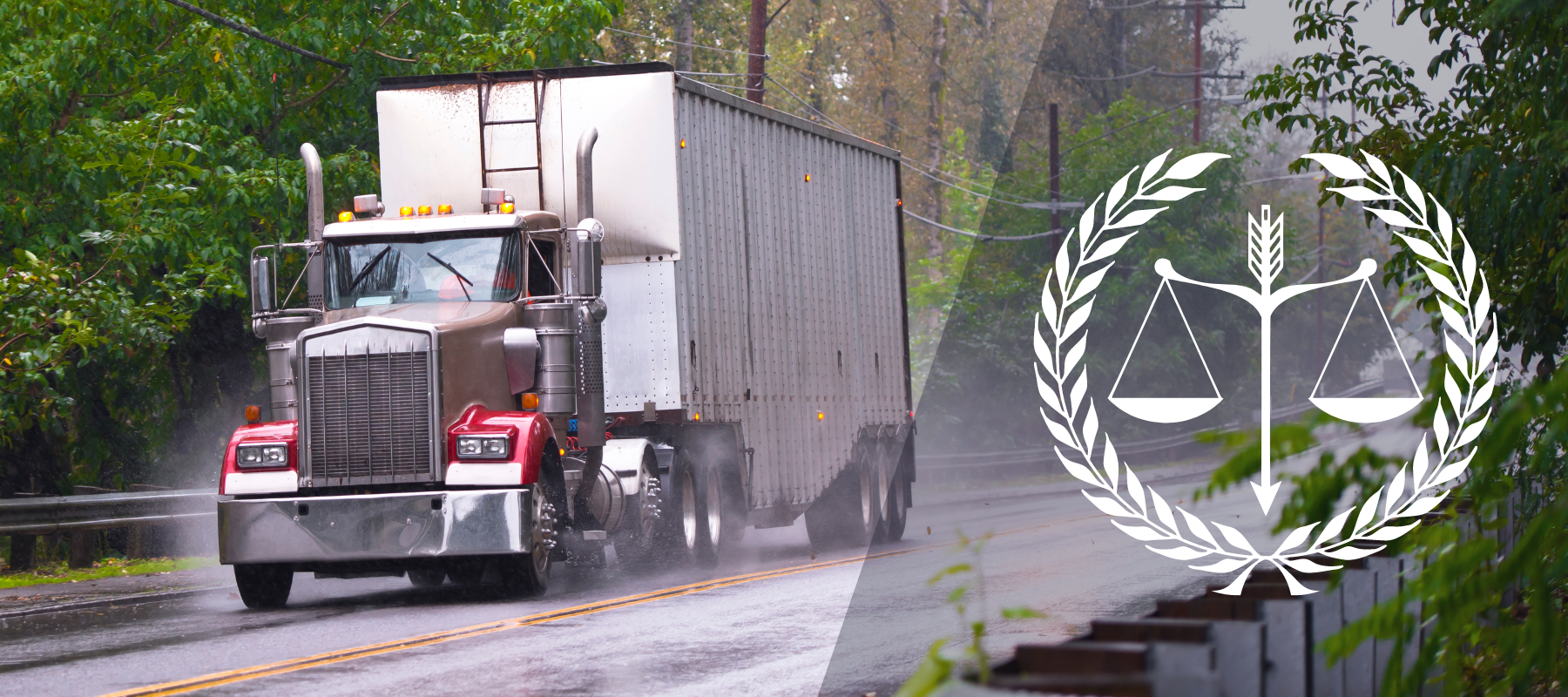Navigating the complexities of federal trucking regulations can seem daunting. These rules play a crucial role in maintaining road safety and can significantly impact legal cases involving trucking incidents. Understanding these regulations is key to building a strong case when accidents occur. Federal trucking regulations cover driver qualifications, vehicle maintenance, and hours of service. Each aspect is designed to prevent accidents and ensure public safety. For instance, driver fatigue is a common issue, and hours-of-service rules aim to reduce the risks associated with it. When these regulations are violated, it can strengthen your case by showing negligence. Ponton Law specializes in these matters, focusing on how these regulations influence legal outcomes. Recognizing the specifics of your situation and how federal rules apply can make a difference in achieving a favorable result. By grasping the essence of these regulations, you can better understand your legal standing and the pathway forward.
Key Components of Federal Trucking Regulations
Federal trucking regulations are comprehensive. They cover various aspects to ensure safety and accountability. Here are three primary components:
- Driver Qualifications: Truck operators must meet certain physical and professional standards. This includes holding a valid commercial driver’s license (CDL) and passing regular medical exams.
- Vehicle Maintenance: Regular inspections are required to ensure trucks are in safe operating condition. This includes checking brakes, tires, and lighting systems.
- Hours of Service: Drivers are limited in the number of hours they can operate a vehicle without rest. This is crucial in preventing fatigue-related accidents.
Importance in Legal Cases
In legal cases, these regulations can prove pivotal. If a truck driver or company fails to adhere to these rules, it can demonstrate negligence. This can influence the outcome of a case significantly. Here’s how:
- Non-compliance with hours of service can suggest driver fatigue as a cause of an accident.
- Poor vehicle maintenance records can indicate negligence on the company’s part.
- Lapses in driver qualification checks can imply a failure in ensuring safe operations.
Understanding these elements helps in gathering evidence and constructing a legal strategy. For more detailed federal guidelines, you can visit the Federal Motor Carrier Safety Administration.
Comparison Table: Regulations vs. Benefits
| Regulation | Benefit |
| Driver Qualifications | Ensures skilled and medically fit drivers are on the road. |
| Vehicle Maintenance | Reduces likelihood of mechanical failures that cause accidents. |
| Hours of Service | Prevents accidents due to driver fatigue. |
How to Apply This Knowledge
Applying this knowledge begins with meticulous documentation. Keep records of any communication with trucking companies and their insurance providers. Take note of any discrepancies in maintenance logs or driver records. You can also work with legal experts who specialize in this area. They can help interpret these regulations in relation to your case. This knowledge empowers you to navigate your case effectively.
Historical Context and Modern Implications
The history of trucking regulations dates back to the early 20th century. As trucking became central to commerce, the need for regulation grew. The Federal Motor Carrier Safety Administration (FMCSA) now oversees these rules. The agency continually updates regulations to address new challenges and technologies. This ensures the safety framework evolves with the industry.
Modern implications include adapting to technological advances such as electronic logging devices (ELDs). These devices help enforce hours of service by providing accurate data on driving time. Understanding these advancements is crucial. It helps you see how technology influences safety and compliance.
Conclusion
Federal trucking regulations are essential for safety and legal clarity. By understanding driver qualifications, vehicle maintenance, and hours of service, you can build a strong case. Violations of these rules often indicate negligence, which is vital in legal proceedings. Utilize resources like the Federal Motor Carrier Safety Administration’s website for more information. Armed with this knowledge, you are better prepared to address the complexities of your specific situation. Calm confidence and clear understanding are your best tools in pursuing justice.

